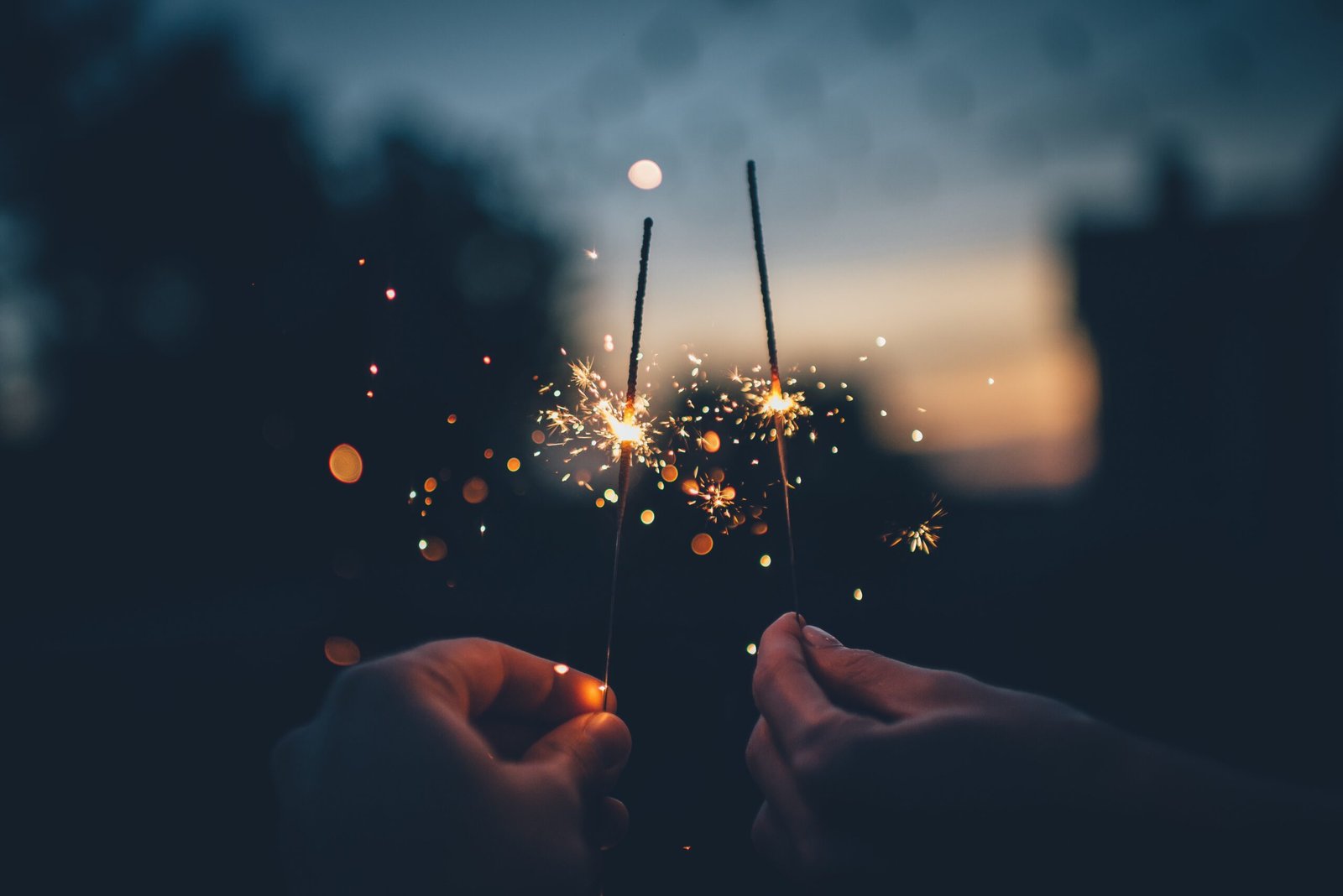The celebration of New Year is a global event that brings people together to bid farewell to the past year and welcome the new one with hope and joy. While many countries observe New Year’s Day on January 1st according to the Gregorian calendar, the ways in which this occasion is celebrated can vary greatly across different cultures and traditions. In this blog post, we will explore some of the unique New Year celebrations from around the world.
Chinese New Year
Chinese New Year, also known as the Spring Festival, is one of the most important traditional Chinese holidays. It is celebrated based on the lunar calendar, typically falling between January 21st and February 20th. The festivities last for 15 days and include various customs such as family gatherings, fireworks, dragon and lion dances, and the exchange of red envelopes containing money as a symbol of good luck.
Hogmanay
In Scotland, the New Year is celebrated with a vibrant and energetic festival known as Hogmanay. The celebrations begin on New Year’s Eve and continue into the wee hours of January 1st. Traditional customs include “first-footing,” where the first person to enter a home after midnight brings gifts such as coal, shortbread, or whiskey to bring good fortune for the year ahead. Fireworks, music, and street parties are also common during Hogmanay.
Diwali
In India, the festival of lights, Diwali, also marks the beginning of the Hindu New Year. Celebrated in either October or November, Diwali is a five-day festival filled with colorful decorations, lighting of oil lamps, exchanging gifts, and enjoying delicious sweets. Fireworks and the bursting of firecrackers are a significant part of the festivities, symbolizing the victory of light over darkness and good over evil.
Rosh Hashanah
Rosh Hashanah, the Jewish New Year, is observed in September or October. This solemn and reflective holiday is a time for introspection, prayer, and spending time with family. The sounding of the shofar, a ram’s horn, is an essential part of the Rosh Hashanah tradition, symbolizing a call to repentance and a fresh start for the new year.
Songkran
Songkran is the traditional New Year celebration in Thailand, which takes place in mid-April. Known as the Water Festival, it is a time of joyous water fights and cleansing rituals. People take to the streets armed with water guns and buckets, drenching each other in water to wash away the misfortunes of the previous year and bring luck for the year ahead.
Conclusion
New Year celebrations are a testament to the rich diversity of cultures and traditions around the world. Whether it’s the vibrant dragon dances of Chinese New Year, the energetic street parties of Hogmanay, or the colorful lights of Diwali, each celebration is a unique expression of hope, renewal, and unity. As we bid farewell to the old and welcome the new, let us embrace the spirit of these diverse celebrations and look forward to a year filled with joy, prosperity, and togetherness.
